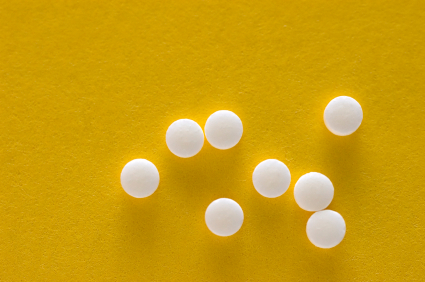 Artificial sweetners may be linked to a higher risk of premature births, new research suggests.
Artificial sweetners may be linked to a higher risk of premature births, new research suggests.
The findings followed research carried out on almost 60,000 pregnant women in Denmark found that those who drank artificially sweetened soft drinks, whether fizzy or still, were more likely to give birth early.
It was found that those who drank one serving per day of artificially sweetened fizzy drink were 38 per cent more likely to give birth before 37 weeks gestation and those who consumed four servings a day were 78 per cent more likely to have their baby prematurely.
It is thought the artificial sweeteners are broken down in the body into chemicals which may change the womb, the researchers said.
Dr Shelley McGuire, spokesman for the American Society of Nutrition, said: “These findings may be really important in terms of preventing premature births, especially those that are medically induced by a woman’s health care provider.
“Certainly, until more experimental work is done, this study suggests that pregnant women should steer clear of artificially sweetened drinks. Quite frankly, pregnant women should be focusing more on nutrient-rich drinks anyway, like milk and fruit juices. And don’t forget the water.”
The study conducted by Thorahallur Halldorsson, of the Statens Serum Institut in Copenhagen, did not examine which artificial sweeteners were contained in the drinks.
The effect was limited to women whose birth was deliberately induced early suggesting the drinks do not trigger premature labour but rather cause changes in the body that mean an early birth is necessary.
It was suggested that this could due to a rise in blood pressure or development of diabetes but the researchers ruled this out.
Dr Halldorsson wrote in the research paper: “In conclusion, our findings suggest that the daily intake of artificially sweetened soft drinks may be associated with an increased risk of preterm delivery.
“The relative consistency of our findings for carbonated and noncarbonated soft drinks and the absence of an association for sugar-sweetened soft drinks suggest that the content of artificial sweeteners might be the causal factor.
“However, the replication of our findings in another experimental setting is warranted.”
The study was published in the American Journal of Clinical Nutrition.
